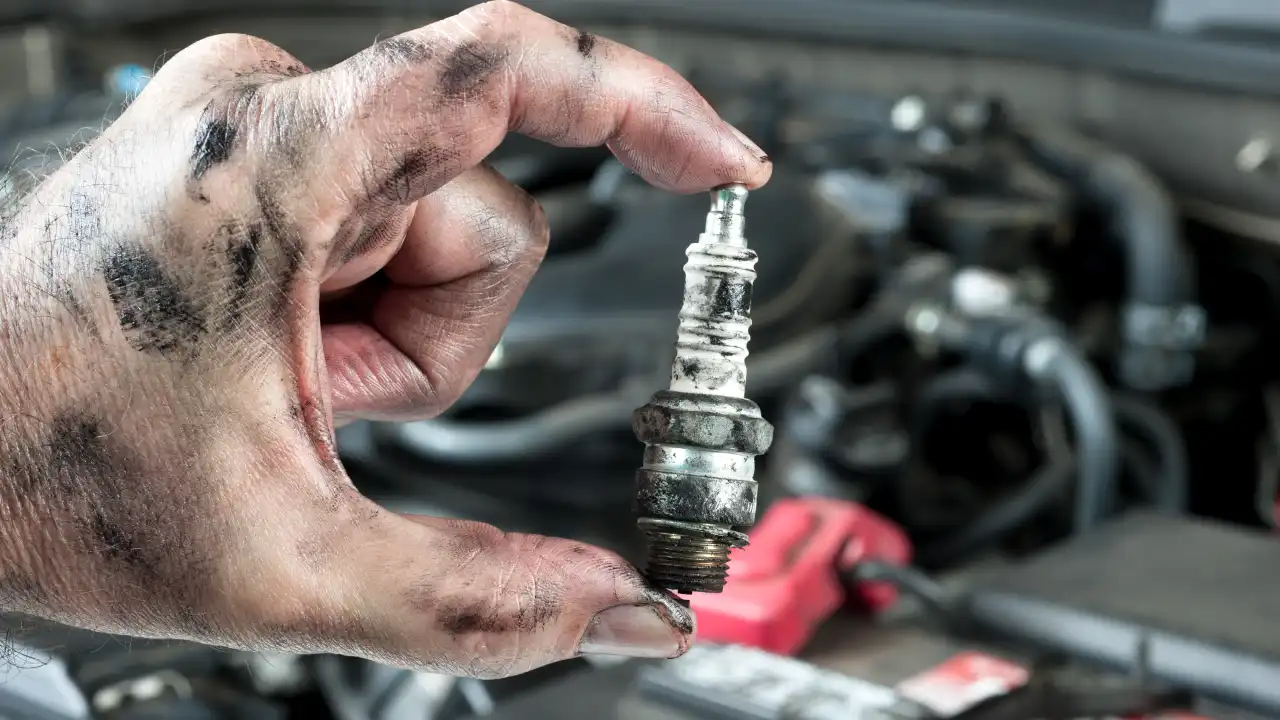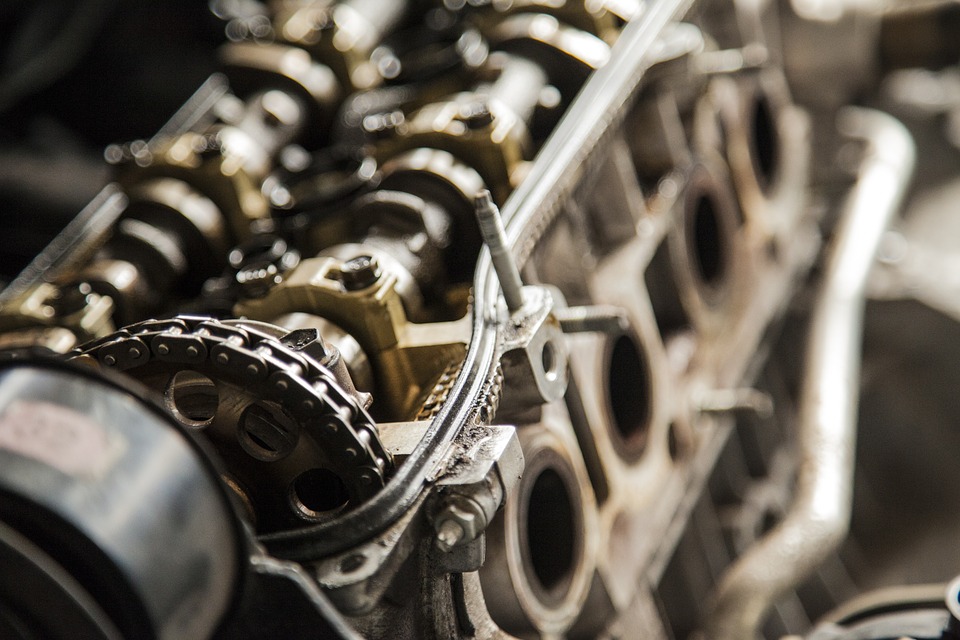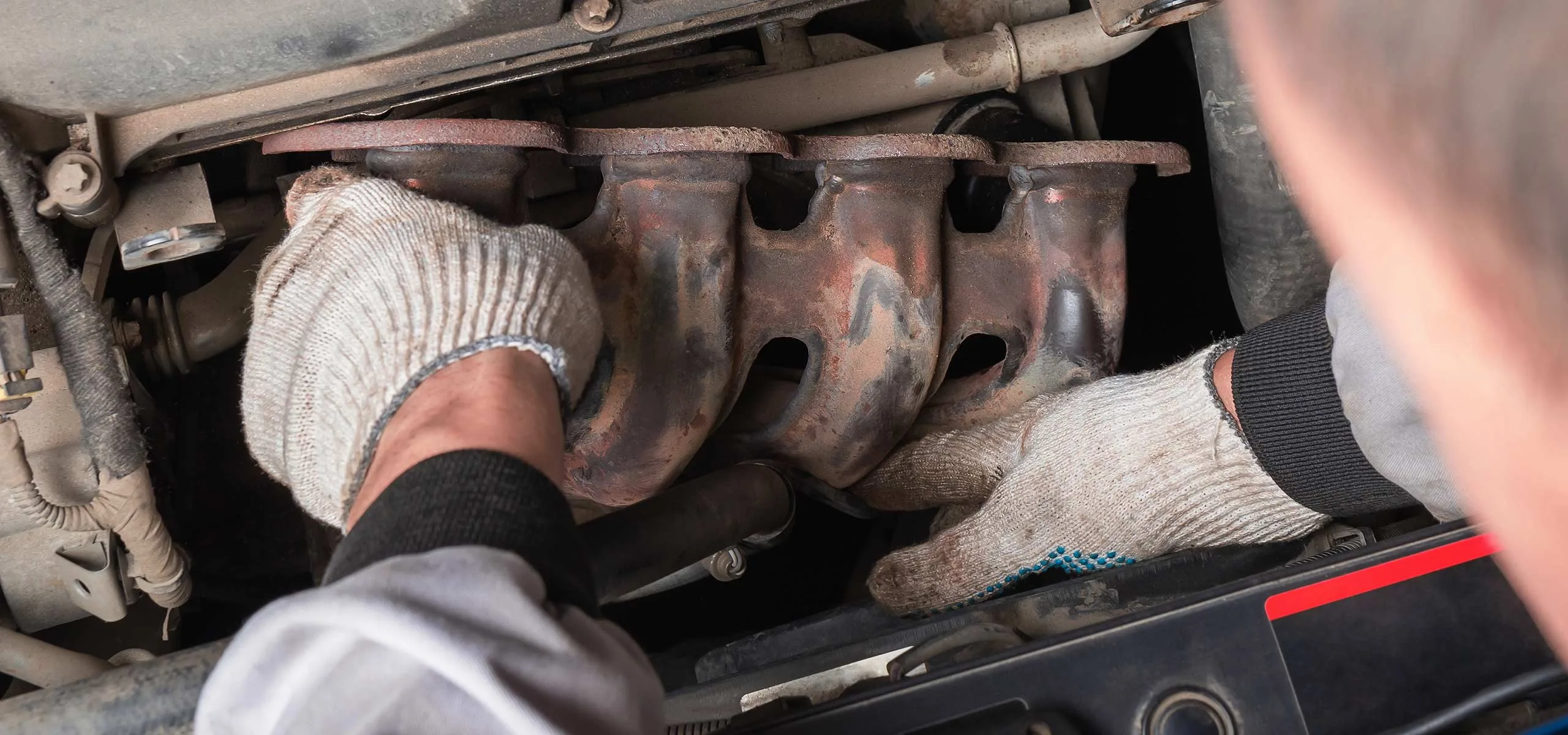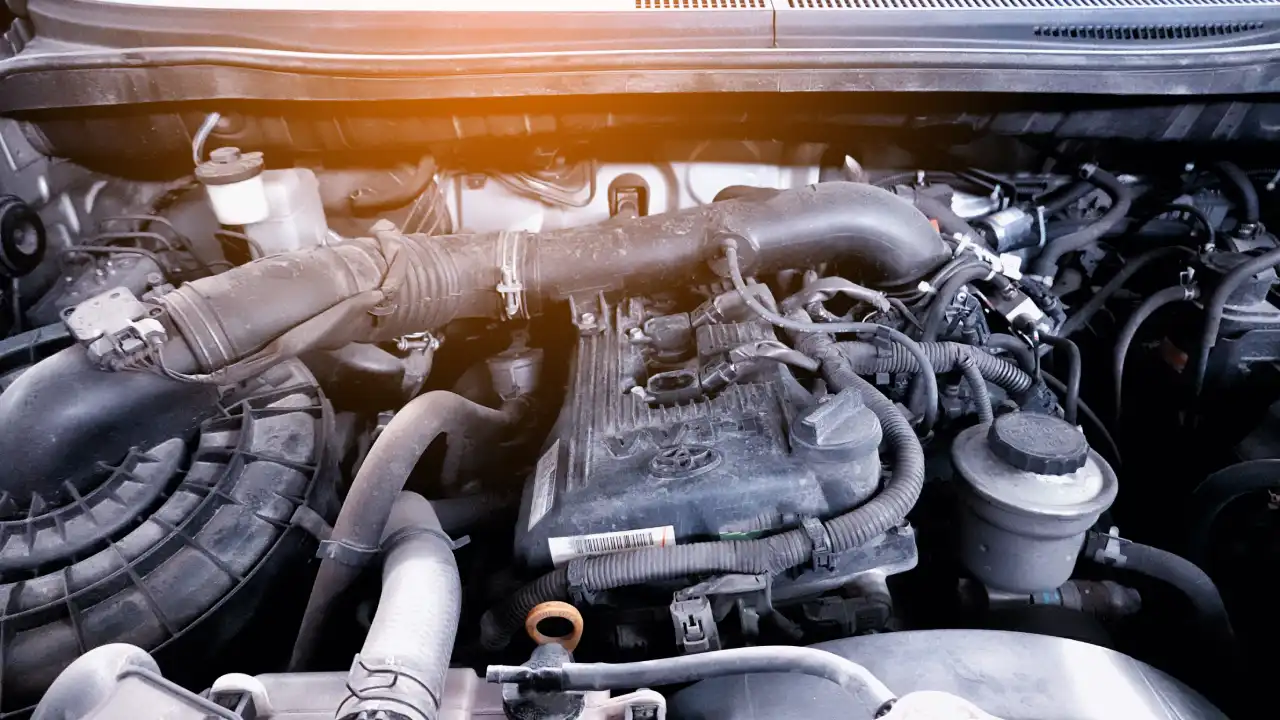A ticking noise coming from your car engine can be a source of concern for many vehicle owners. This type of noise, especially when the car is idling, can signal a range of issues—some minor and others more serious. The key is identifying the underlying cause, which can vary from something simple like low oil pressure to more complex engine problems. By understanding the potential reasons for this ticking sound, you can determine how urgent the issue is and whether it requires professional attention.

1. The Role of Low Oil Pressure in Engine Ticking
One of the most common culprits behind a ticking noise in an engine is low oil pressure. Oil is crucial for lubricating the engine’s moving parts, preventing friction and wear. When the oil pressure drops too low, metal parts such as the lifters, valves, and bearings may start to vibrate or strike each other. This can create a distinct ticking sound, signaling a lack of proper lubrication. To resolve this, you should check the oil levels and filter. If the problem persists, it’s best to consult a professional mechanic.
2. Worn Engine Bearings and Their Impact on Ticking Noises
Worn engine bearings can also produce a ticking or tapping noise. Bearings are designed to reduce friction between the crankshaft, connecting rod, camshaft, and rocker arms. Over time, these components can wear down, causing metal-to-metal contact. As the bearings degrade, the ticking noise may become more frequent or louder. If you suspect worn bearings, it’s essential to get them inspected and replaced promptly to avoid more severe engine damage.
3. Faulty Valves: Another Source of Ticking Noises
If you’re asking, “why is my car ticking?” the issue may lie with the valves. The valves control the intake of air and fuel, as well as the exhaust gases leaving the combustion chamber. If they are damaged or worn, they may fail to seal correctly, which can lead to a loss of compression and result in a tapping noise. Regular maintenance, such as oil changes, can help prevent valve issues, but it’s crucial to seek professional help for a thorough diagnosis and repair.

4. Understanding Rod Knock and Its Consequences
Rod knock is a more serious cause of engine ticking. It occurs when the engine’s connecting rod bearings are damaged. These bearings are vital for connecting the piston to the crankshaft and allowing the engine to operate smoothly. If these bearings become worn or damaged, they will cause a tapping sound as they move within the engine. Rod knock can lead to significant engine damage and, if left untreated, engine failure. If you hear this type of ticking, have your car inspected immediately by a mechanic.
5. How Bad Spark Plugs Contribute to Ticking Noises
Another common reason for engine ticking is faulty spark plugs. Spark plugs ignite the air-fuel mixture in the combustion chamber. When they malfunction, misfires can occur, which can lead to a ticking or tapping noise. Misfires prevent the engine from operating smoothly, causing uneven combustion and a noticeable ticking sound. Replacing bad spark plugs is a relatively simple fix, but if the issue persists, a mechanic should perform a full diagnosis.
6. The Role of Faulty Lifters in Engine Ticking
Faulty lifters are another significant cause of ticking noises. Lifters are part of the engine’s valve train and control the opening and closing of the valves. When lifters wear out, they can create excess clearance, allowing them to move around more than they should. This movement can cause a distinct ticking sound. If you hear this noise, it’s important to address the issue quickly, as faulty lifters can lead to further engine damage if not repaired.
7. How Dirty Fuel Injectors Can Cause Ticking
Dirty or clogged fuel injectors are another possible reason for a ticking noise in the engine. Fuel injectors spray fuel into the combustion chamber, and if they become dirty, they may not spray fuel evenly or at the correct time. This leads to misfires and a ticking noise. In addition to the noise, dirty injectors can reduce engine performance, and fuel efficiency, and cause rough idling. If you notice this sound, cleaning or replacing the injectors should resolve the issue.
8. Clogged Oil Passages and Their Effect on Engine Noise
Clogged oil passages can lead to insufficient lubrication in the engine, causing a ticking noise. Oil passages deliver lubricant to various moving engine parts. If these passages become clogged with dirt or debris, the oil cannot reach the necessary components, leading to increased friction and wear. This friction produces a ticking sound as metal parts rub together. To prevent this issue, regular oil changes and engine maintenance are crucial to keeping oil passages clear.
9. Loose or Damaged Heat Shields and Their Impact
Loose or damaged heat shields are another source of ticking sounds in the engine. Heat shields protect various engine components from the extreme temperatures of the exhaust system. When they become loose or damaged, they can vibrate and strike nearby components, causing a ticking or rattling noise. This issue may be accompanied by unusual vibrations, especially during acceleration. If you suspect a heat shield problem, have it inspected and repaired by a qualified mechanic to prevent further damage.
10. The Influence of a Faulty Fuel Pump on Engine Ticking
A faulty fuel pump can also produce a ticking noise. The fuel pump is responsible for delivering fuel to the engine, and a malfunction can disrupt this flow. Worn mechanical parts inside the pump, such as bearings or impellers, can create a ticking noise. Additionally, air entering the fuel lines due to a leak or clog can cause further disturbances. If you suspect a faulty fuel pump, it’s important to have it inspected and replaced if necessary to avoid stalling or engine failure.
11. Exhaust Leaks and Their Role in Engine Ticking
Exhaust leaks can often be the cause of ticking noises in the engine. These leaks allow hot exhaust gases to escape from the exhaust system before reaching the muffler, causing vibrations that lead to a tapping or ticking sound. The noise is especially noticeable during acceleration or when the engine is under load. If you suspect an exhaust leak, it’s important to have the exhaust system inspected and repaired by a mechanic to prevent further damage to the vehicle.

Understanding the potential causes of engine ticking noises can help you make informed decisions about maintaining your car. While some issues may be relatively simple to fix, others may require more extensive repairs. If you hear a ticking noise, it’s essential to address it promptly to avoid further engine damage. Regular maintenance and timely repairs are key to keeping your vehicle in good condition and preventing more costly repairs in the future.
After identifying and addressing the cause of engine ticking, you can further enhance your vehicle’s overall performance. One way to improve ride quality is by installing a high-quality performance part, such as the Pedal Commander. This electronic throttle controller enhances acceleration, reduces throttle lag, and improves fuel efficiency, all while providing a smoother driving experience. Upgrading your car with performance-enhancing accessories will ensure it runs efficiently and provides you with the best driving experience possible.

